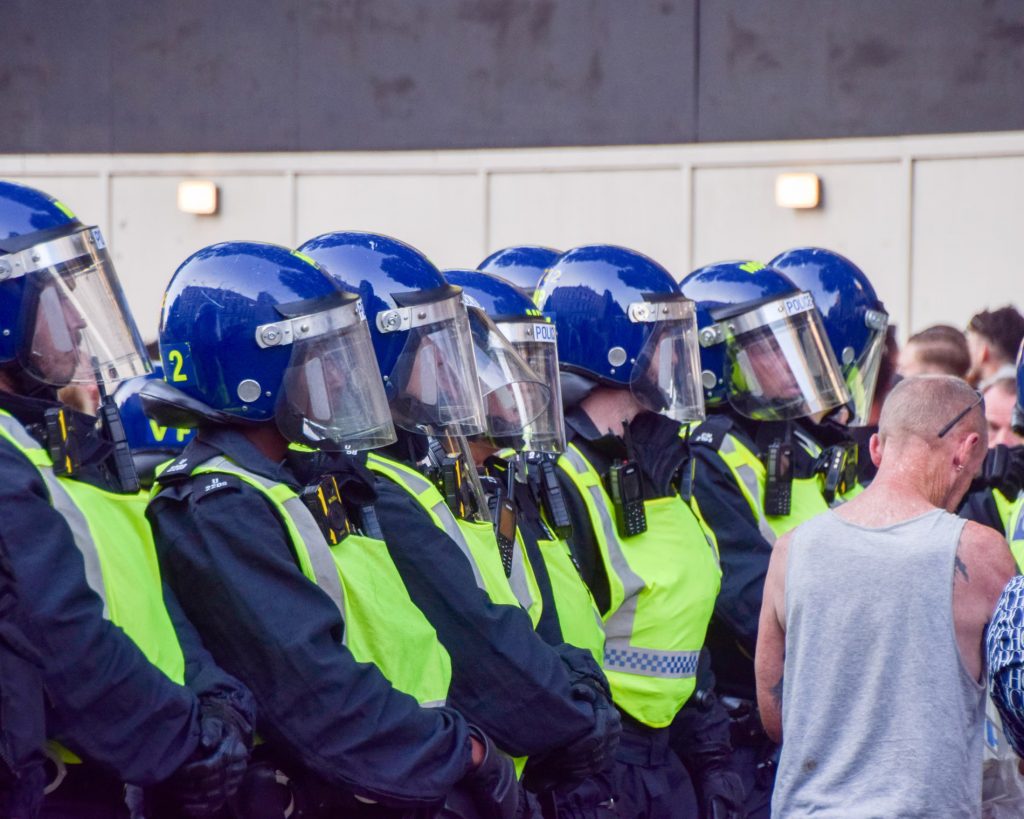The UK government has announced the creation of a new police unit to monitor social media platforms for early signs of anti-migrant sentiment. This step follows recent violent protests and aims to prevent a repeat of last year’s unrest sparked by online misinformation. The new team will operate within the National Police Coordination Centre (NPoCC) and will focus on identifying online threats before they turn into public safety risks.
Policing Minister Diana Johnson shared the news with Members of Parliament, explaining that the Home Office is setting up a “national internet intelligence investigations team.” This team will help police forces across the country detect online activity that could lead to unrest, allowing local units to respond faster and more effectively.
According to Johnson, the team will offer national-level support and guidance by analyzing internet content related to public safety. “This team will provide a national capability to monitor social media intelligence and advise on its use to inform local operational decision-making,” she said. It will support local forces in tackling misinformation and potential threats linked to migration issues.
The announcement comes after recent protests in cities like Leeds, Norwich, and Nottinghamshire, and particularly violent incidents outside a hotel for asylum seekers in Epping, Essex. These demonstrations follow a disturbing trend that began last summer, when riots erupted in Southport after false rumors spread online about a tragic incident involving three young girls.
In July of the previous year, public anger grew after the murder of Bebe King (6), Alice da Silva Aguiar (9), and Elsie Dot Stancombe (7). Online rumors falsely claimed the attacker, Axel Rudakubana, was a newly arrived asylum seeker. However, police later confirmed he was born in Cardiff, not a migrant. Still, the damage was done, and the protests turned violent, targeting mosques and community centers.
The riots quickly spread to cities like London, Sunderland, Rotherham, Middlesbrough, and Belfast. A police report released earlier this year described the current approach to internet intelligence as “disjointed and fragmented,” calling for immediate improvements to avoid similar outbreaks in the future.
The Home Office stressed that the new team is not designed to suppress freedom of speech. “These claims are completely untrue,” a spokesperson said. “This new capability is not about monitoring what people say on their social media feeds – it is about equipping our police forces to respond more rapidly to the needs of the communities they serve.”
However, not everyone supports the plan. Nigel Farage, leader of Reform UK, criticized the initiative, claiming it could limit free expression. “This is the beginning of the state controlling free speech. It is sinister, dangerous, and must be fought,” he warned.
The unit’s primary objectives are to detect online misinformation, monitor social unrest, and assist law enforcement in making more informed decisions during sensitive events. One intelligence officer emphasized the importance of constant vigilance: “We need to keep an eye on this [serious disorder] all the time. When we stop, we get bitten.”
The government has not confirmed how the team will be funded in the long term, but stated that it would assess future financial needs beyond the 2025–26 period.

